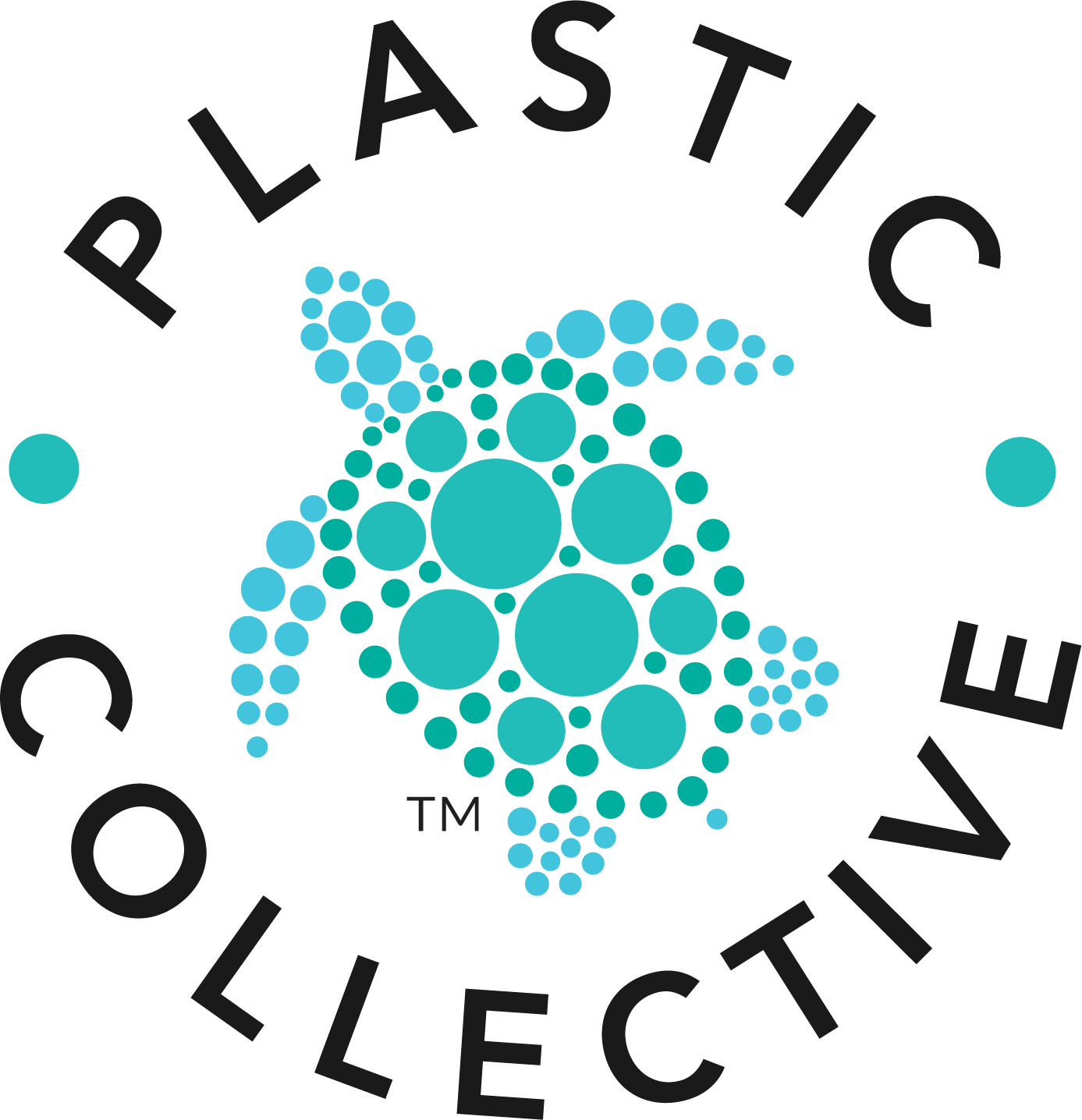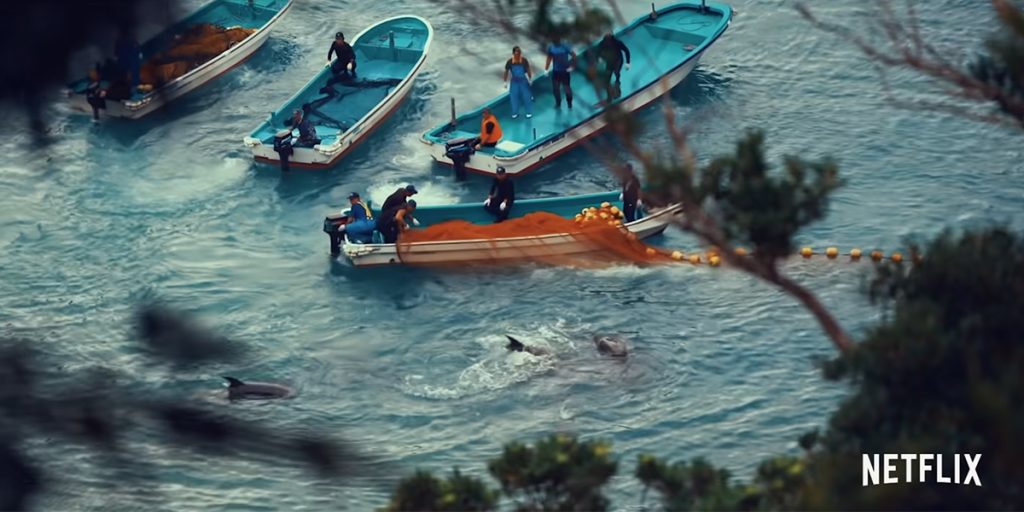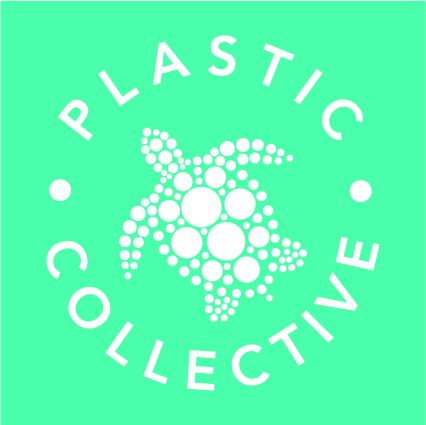Plastic Collective and Marine Biology Students React to the Hit Netflix Documentary and Provide Insight into the Inaccuracies Outlined by the Media
1. The inhumane slaughter of animals
2. The exploitation of workers
3. The plastic pollution in our oceans
4. The deforestation of the ocean floor
5. The lack of government oversight and regulations
Whilst Ali shines a light on some evidence of anthropogenic significance on marine species, he also possesses an air of artificiality, resulting in some scenes to appear staged. This characteristic is of concern, due to the biased allegations made by him. The purpose of this article is to address some of the controversial topics surrounding Seaspiracy and provide our point of view on the topics. Plastic Collective has no intentions to undermine the makers of the film.
The film is successful in providing awareness on unsustainable fishing practices and animal mistreatment. However, there are a number of discrepancies throughout the film:
2. The privilege to lead a ‘plant-based’ diet
3. The neglection of realistic solutions
4. The disregard for scientific method

Figure 1.
Discredit of Ecological Organisations
Throughout the film Ali Tabrizi slanders multiple organisations when documenting his investigations. Whilst he brings up some important topics, he fails to recognise the shared goal for ocean preservation. Through this process, he severely damages the integrity of multiple hard-working organisations and activists. Environmental issues already struggle to gain traction in mainstream media (a point greatfully outlined in Seaspiracy), without Ali’s demonization to cause further harm.
The Marine Stewardship Council (MSC), is an international non-profit organisation which produces guidelines and standards to allow fisheries to be managed sustainably. Ali interviews Callum Roberts, a Marine Scientist on the topic of the MSC and the impossibility for sustainable fisheries.
Ali requested to have an interview with the MSC and was denied countless times. Finally, he approached them in person where he was “palmed off” once again.
The world’s largest sustainable seafood organisation, doesn’t want to talk to me about sustainable seafood.
This concluded in the investigation into the Marine Stewardship Council’s funding where he declared the “conflict of interest”. In MSC’s response they stated “The MSC is an independent not-for-profit that was set up by WWF and Unilever more than 20 years ago because of concern about overfishing. We are not a commercial enterprise and we do not receive any income from fisheries or from the third-party certification of fisheries.” Ali was under the belief that MSC was funded by Unilever (once a big seafood retailer), resulting in widespread misinformation from the documentary. It is inaccuracies like this, which lead to the discrediting of multiple organisations, which actually share the same ocean preservation goal as Ali. Some critics declare Ali’s depiction of these organisations as ‘the enemy’.

Figure 2.
Ali interviewed the Plastic Pollution Coalition to investigate why none of the leading marine organisations and corporations tackling plastic pollution, were encouraging NOT using fishing gear. Jackie Nunez from the Plastic Pollution Coalition answered “Microplastics” when asked what the main source of plastic was in the Great Pacific Garbage Patch. Ali quickly followed with:
Since Plastic Collective is tackling plastic pollution, we’d like to acknowledge that fishing line and fishing gear is a major threat to marine species. The main issue with fishing gear is the fact it is produced from plastic with a density greater than water. Unfortunately this makes the product extremely detrimental to coral reefs and marine species, but also incredibly difficult to remove. New technologies and innovations will eventually allow us to travel to the depths of the ocean and remove this form of plastic. In the meantime, Plastic Collective and presumably many other organisations will target more accessible plastic pollution.
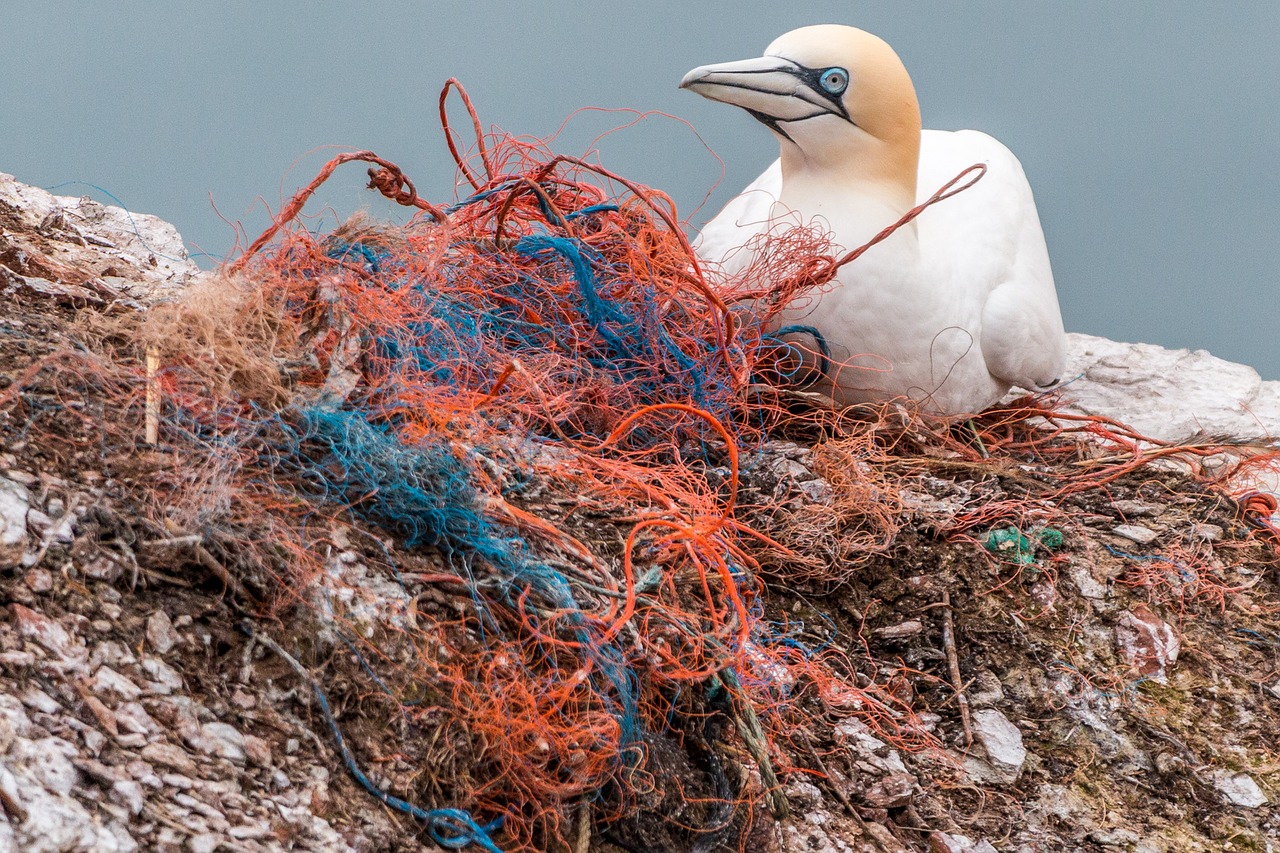
Figure 3.
Plant Base Privilege
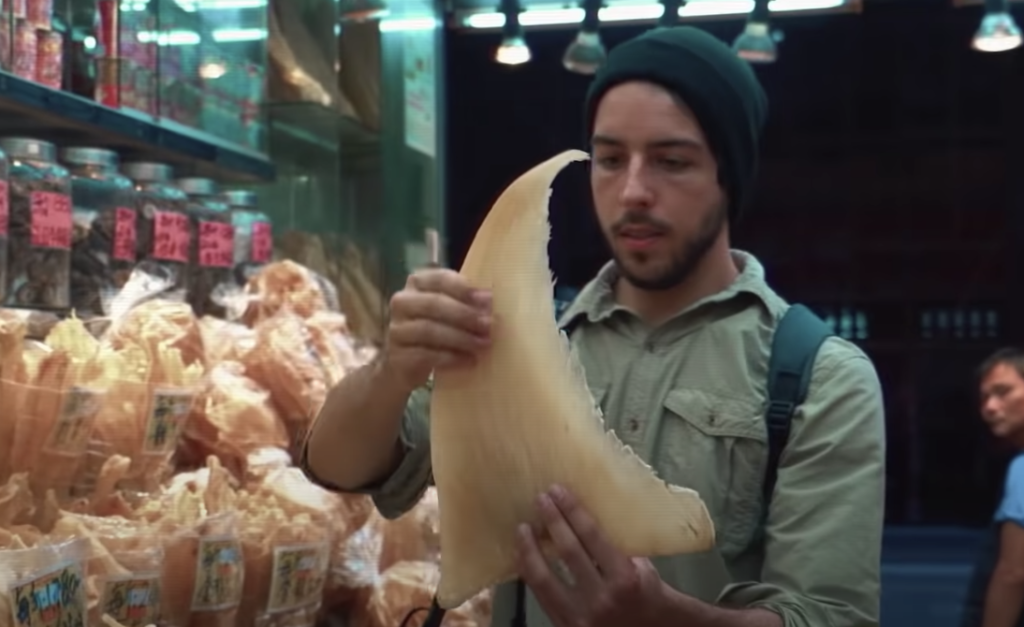
Figure 4.
Disregard for Scientific Method
Furthermore, many of the graphs used in the film lacked values on the x and y axis. This allows the graphs to be misinterpreted since they do not display the complete data. Although many graphs were correctly cited, some weren’t cited at all. Preventing viewers the opportunity to further their own knowledge and conduct their own research. Additionally, some of the data was outdated, with, in some cases the most recent dates being 2017. Although this does not seem like a long time ago, much has changed in those four years, including the impact of the COVID-19 pandemic.
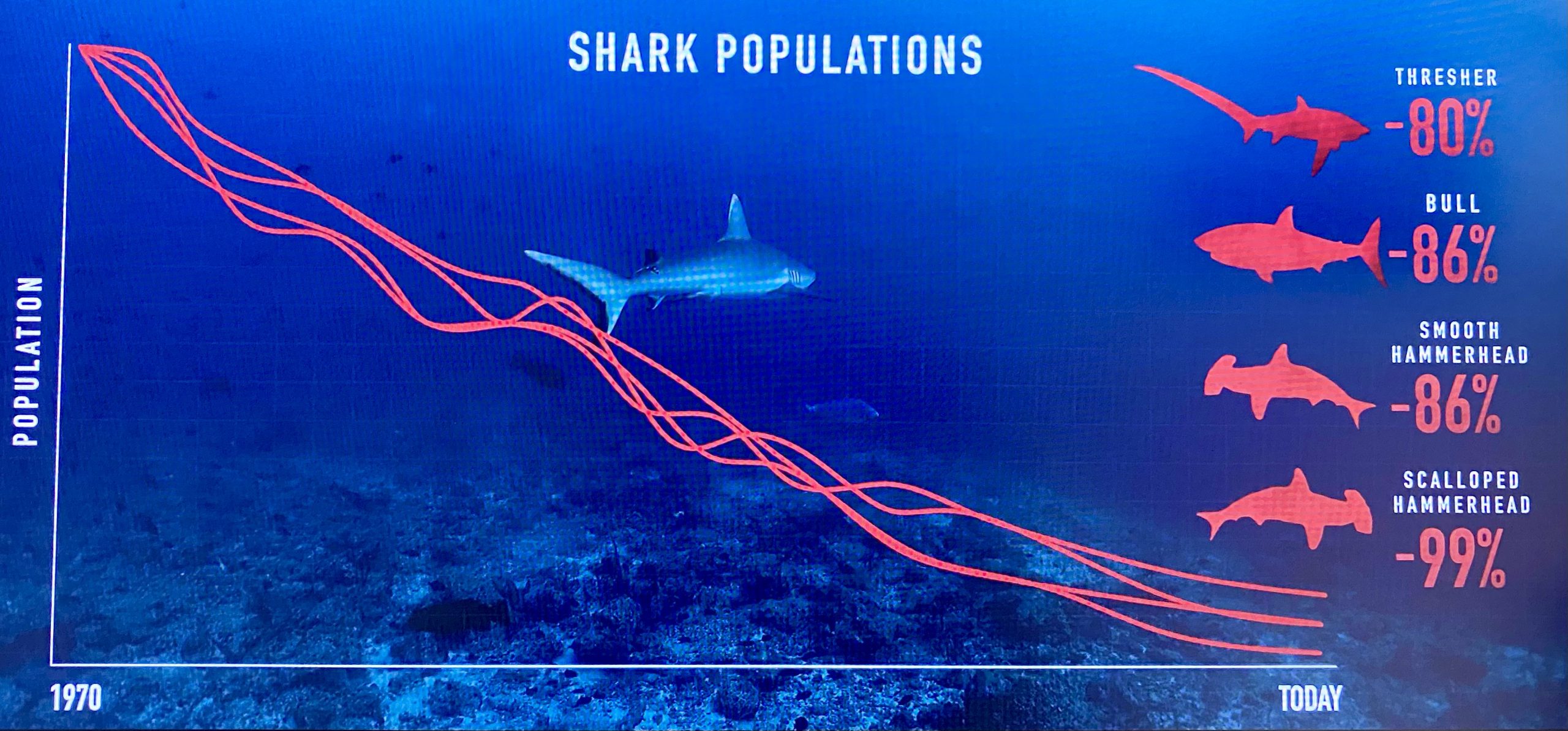
Figure 5.
Neglection of Solutions
Removing fish from our global diet, does not confirm these animals will not continue to be slaughtered. Furthermore, removing fish from our diet does not tackle every issue outlined in the film, including, plastic pollution and climate change. Collective action and education would have been a more inclusive and realistic approach to providing a solution to the issues presented in Seaspiracy. Being an active individual is important. You can:
-
- Campaign to end whaling, the improvement of monitoring and shut down illegal fishing practices.
- Campaign for more research into aquaculture and sustainable fisheries, and donate to existing researchers
- Educate and spread awareness of these issues
- Invest in seaweed and algae alternatives for food supplementations
- Support local or small-scale fisheries (generally have less or limited bycatch)
- Campaign for new regulations and standards to be developed regarding sustainable fishing practises
- Support organisations and corporations tackling these issues globally
- Reduce your plastic use and consumption, and participate in beach clean ups
- Reduce fish and meat consumption
Ali Tabrizi and Seaspiracy, did a fantastic job of spreading awareness and educating the public on these issues. In fact, the amount of controversy surrounding Seaspiracy is actually increasing the amount of traction the film is gaining. However, Plastic Collective hopes the filmmakers acknowledge the damage caused to the ecological organisations addressed in the film.
You can support the organisations here:
Learn More!
In light of the documentary University of Washington has published a library of resources to combat ocean misinformation.
